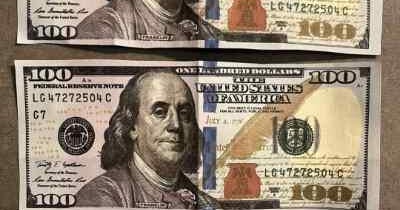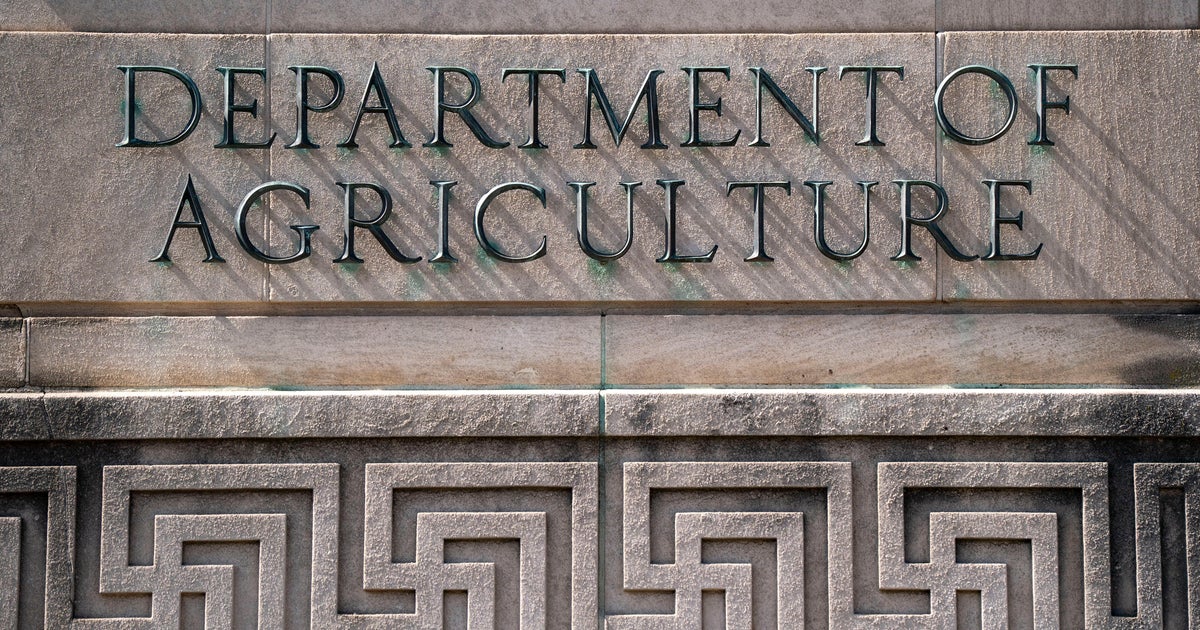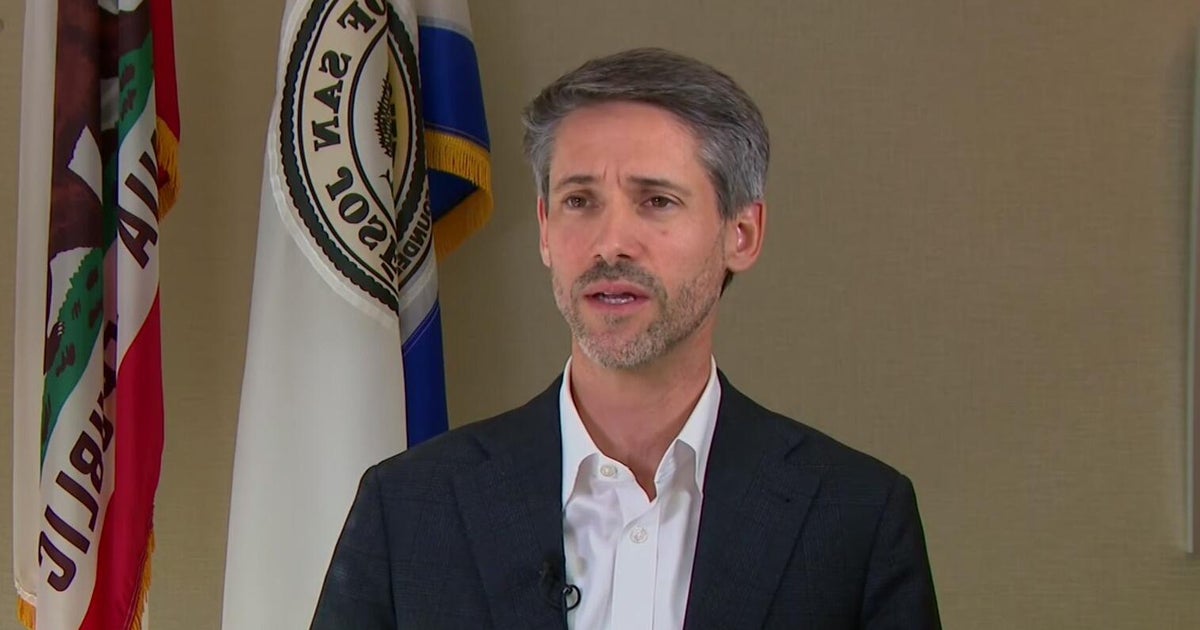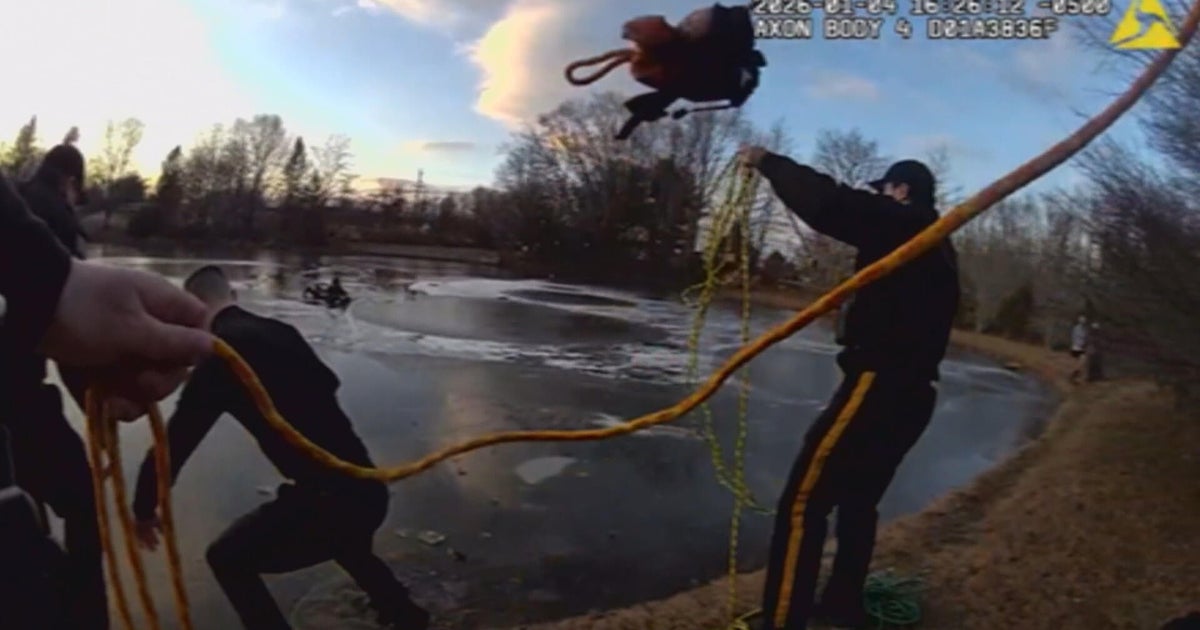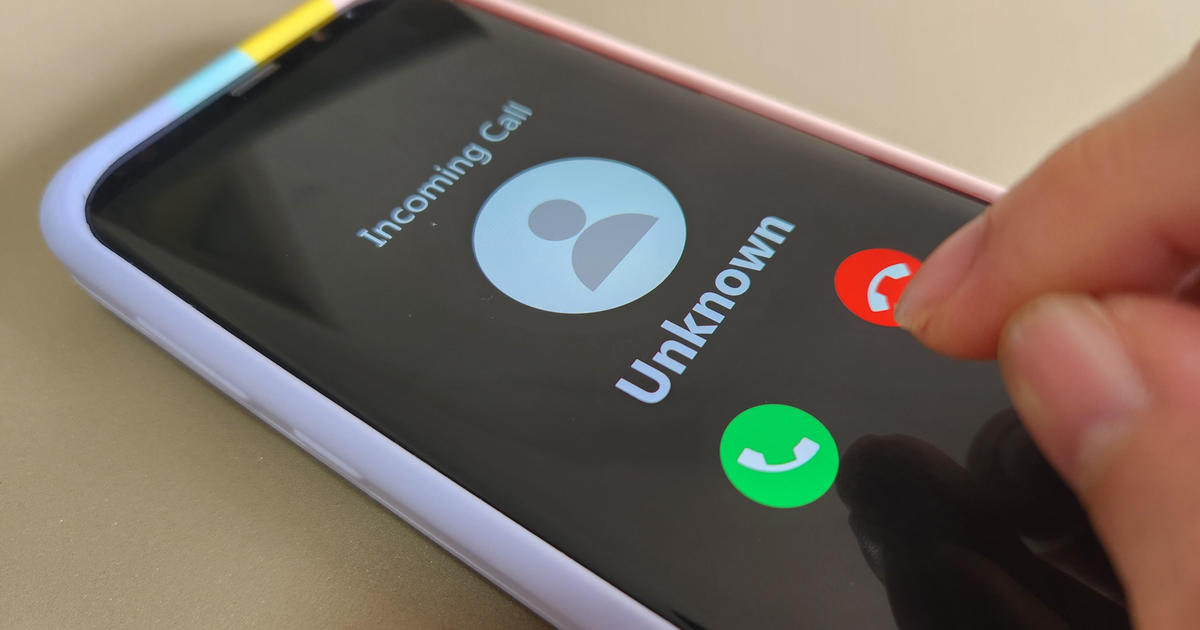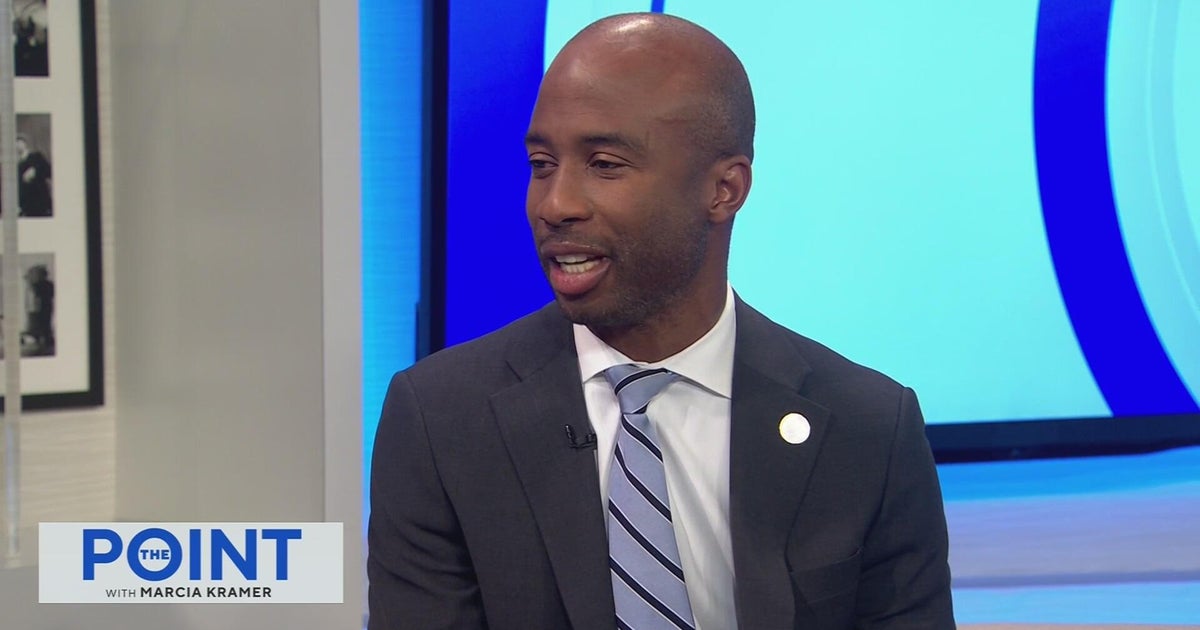Kallas: Madoff Speaks -- Good News Or Bad?
By Steve Kallas
» More Columns
A blockbuster interview of Bernard Madoff conducted by Diana Henriques of The New York Times contains some fascinating information about the massive Madoff fraud and whether or not others knew about it. There's even a specific reference to New York Mets owners Fred Wilpon and Saul Katz. However, some of Madoff's comments might cut both ways with respect to the Wilpon/Katz group of defendants in the Irving Picard bankruptcy lawsuit against them.
DID THEY KNOW?
It says here that, generally speaking, despite taking a pounding in the media, most intelligent, right-minded people do not think that Wilpon/Katz and their partners actually knew about the massive Madoff scheme. When Bernard Madoff was asked specifically, during this two-hour prison interview in Butner, North Carolina, about whether Fred Wilpon and Saul Katz knew about the Madoff fraud, Bernard Madoff stated, "They knew nothing. They knew nothing."
This is good, but not surprising, news for Wilpon/Katz and their partners. In the 373-page complaint against them, there does not seem to be any evidence of actual knowledge of either Fred Wilpon or Saul Katz (warnings, yes, that something was wrong or "was too good to be true' or things of that nature, but that goes to other areas, not actual knowledge).
RELATED: Madoff: Wilpons, Mets 'Knew Nothing' Of Ponzi Scheme | Report: Madoff Says Banks 'Complicit' In Ponzi Scheme | Trump Says He Wants To Help Mets' Wilpon | Kallas: Bernie And The Mets
BUT WHAT ABOUT "WILLFUL BLINDNESS?"
Interestingly, this is part of the conscious avoidance claim in the complaint. Should they have known? Did they stick their heads in the sand? Well, according to the Times article, discussing his relationship with various banks and hedge funds, Madoff pointed to their "willful blindness." Indeed, Madoff goes on to say, "They had to know. But the attitude was sort of, 'If you're doing something wrong, we don't want to know.'" Presumably, the "they" in that quote refers to banks and hedge funds (although Madoff named no specific bank or hedge fund during the interview).
So, where does this statement leave Wilpon/Katz? According to the complaint, Sterling Equities ("Sterling") "is a closely-held family run business that over the last several decades has evolved into a multi-billion dollar real estate, professional baseball, private equity and hedge fund empire with the New York Mets Major League baseball franchise standing at the helm." Sterling Equities is also described, later in the complaint, as "a general partnership formed under the laws of the state of New York."
So was Bernard Madoff referring to Sterling Equities when he made his "willful blindness" statement? It says here that he wasn't but maybe, at some point in the future, he will be put under oath (we'll get to that later) and asked questions about hundreds of entities by name.
WERE WILPON/KATZ BIG INVESTORS?
Another interesting question and, frankly (and unfortunately), a phrase coined by The Times (not by Madoff, at least for this part of the interview). The Times notes that Madoff "focused his comments laserlike on the big investors and giant institutions he dealt with … ." Madoff stated that many long-term clients made more in legitimate profits from him in the years before the fraud then they could have elsewhere. He wrote, in a January 13, 2011 e-mail, "I would have loved for them to not lose anything, but that was a risk they were well aware of by investing in the market."
There's an awful lot here. Does that mean that defendants like Wilpon/Katz, if this quote is to be believed, made legitimate profits before the Ponzi scheme started? If so, how can the Trustee possibly recover those profits (it says here that he can't)? And, if true, at what point "should the Wilpon/Katz group (or any group in the same situation, for that matter) have known about the fraud?" In other words, was it legit one week and a Ponzi scheme the next? When did the change take place? To this writer, these statements would help those defendants (including Katz/Wilpon) who will vehemently argue that they never knew and never should have (or could have) known. Fascinating stuff.
So, were Wilpon/Katz and their group big investors? It says here that they were. If the balance in their account was approximately $500,000,000 on the day this all blew up, and they had been investing for decades and had taken out some $300,000,000 in "fictitious profits" (and, by the way, it doesn't seem that they knew, at the time, that these were fictitious profits), that means they invested and took out somewhere in the neighborhood of $800 million to $1 billion over the years.
To this writer, that would qualify them as big investors, despite the fact that there were a number of other investors who invested and took out many billions of dollars.
And don't forget that when Bernard Madoff, the greatest schemer in the history of the world, says, about his long-term clients losing money, "that was a risk they were well aware of by investing in the market," the point to the Wilpon/Katz group (and others) will be: HE NEVER INVESTED IN THE MARKET ONCE HIS PONZI SCHEME STARTED. That's not a risk, in this writer's opinion, that either Fred Wilpon or Saul Katz was aware of.
WHAT ABOUT THOSE MADOFF MEETINGS WITH THE TRUSTEE?
Madoff told The Times that he met with Irving Picard for four days this past summer. One quote from a Madoff e-mail to The Times is interesting here: 1) Madoff gave Picard "information that I knew would be instrumental in recovering assets from those people complicit in the mess I put myself into." In addition, according to The Times, Madoff conceded that the Trustee conducted its own investigation "into the withdrawals made by some big clients, in the years before the Ponzi scheme collapsed, to determine who might have known what and when. Such withdrawals could indicate that investors could have been aware of the fraud, which could increase their liability."
These two comments in the above paragraph could bode well for Wilpon/Katz. While there seem to be statements in the complaint about warnings or suggestions given to Wilpon/Katz by Merrill Lynch and others, there doesn't seem to be a Bernard Madoff smoking gun statement. Indeed, his Wilpon/Katz quote, "They knew nothing. They knew nothing" certainly supports such a conclusion.
As for the withdrawals, the complaint does tell us that the Sterling group took out "only" (my word) $14,191,667 in transfers of principal during the "90-day Preference Period" prior to the bankruptcy. Really not discussed much in this litigation, the preference period in a bankruptcy means that the Trustee can (and usually does) sue anybody who received any monies in the 90 days immediately prior to the bankruptcy (defendants then come in and assert certain defenses to that lawsuit). The important point here is that, if Wilpon/Katz had an inkling that something bad was going on (even at this late date), one would have to think that they would have taken out a greater amount than less than 3% of what they had in their accounts. That, plus the fact that they had $500,000,000 still in when everything blew up would lead to a common sense conclusion that they really didn't know what was going on.
FINALLY, WHAT ABOUT MADOFF'S CREDIBILITY?
Well, what about it? Let's be real; he doesn't have any. He pulled off the greatest scam ever and fooled thousands and thousands of people. While The Times correctly states that defense lawyers will have a field day with Madoff, one should look at it from the other side as well: WHAT WOULD HAPPEN IF MADOFF'S TESTIMONY ACTUALLY HELPS THE WILPON/KATZ GROUP? Would the Trustee try to discredit him? He can't be telling the truth when he's helping the Trustee but lying when he's helping the defendants. Or can he?
If Bernard Madoff ever takes an oath and testifies, as he told The Times, that Fred Wilpon and Saul Katz "knew nothing," it's not hard to believe that he would also state that they really didn't know because, as long-time clients, they had been making legitimate money for years. Why, at a later date, "should they have known?"
This could actually be some excellent stuff for Wilpon/Katz. Assuming he hasn't given the Trustee some negative information about Wilpon/Katz (that's why it could cut both ways; my reading of this interview is that he didn't sell out his old friends but, rather, blamed gigantic entities, like banks).
If Bernard Madoff ever does testify under oath, one question I hope he will be asked (even though we know that the answer is fear of publicity) is: "Mr. Madoff, in 2002, you had an opportunity to buy a piece of the New York Mets. Why didn't you?"
Fascinating stuff.
Do you have any questions for Steve? Fire away in the comments below…



